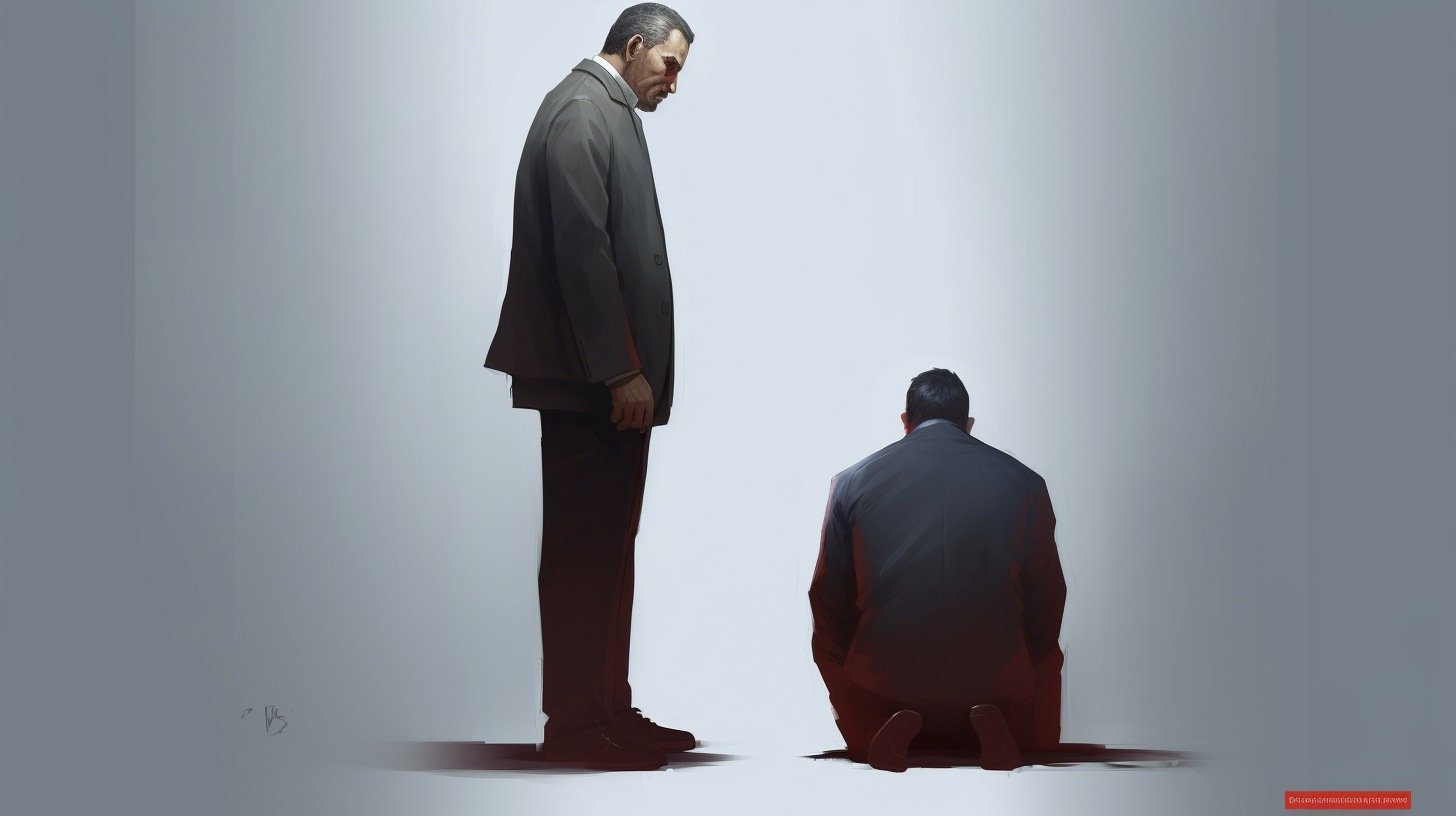7 Painful Truths About Productivity That No One Believes
Table of Contents Show
Productivity is often misunderstood. It's a term that has been hijacked by the hustle culture, distorted into a relentless pursuit of doing more, achieving more. But productivity isn't about the number of tasks you can cross off your list.
It's a complex, nuanced concept that often reveals uncomfortable truths. Here are seven painful realities about productivity that we must confront if we are to truly master it.
1. Productivity Isn't About Doing More, It's About Effectiveness
Productivity is not a race. It's not about who can do the most tasks in the least amount of time. It's about effectiveness, about doing the right things, not just doing things right.
A study from Stanford University found that productivity per hour declines sharply when a person works more than 50 hours a week. After 55 hours, productivity drops so much that putting in any more hours would be pointless. And, those working up to 70 hours a week achieve practically the same as those working 55 hours.
2. Multitasking is Not Productive
Multitasking is often hailed as a valuable skill, but research suggests it's a productivity killer.
A study from the University of London found that participants who multitasked during cognitive tasks experienced IQ score declines similar to those who have stayed up all night. Some of the multitasking men had their IQ drop 15 points, enough to turn them into the average range of an 8-year-old child.
So, the next time you pride yourself on your multitasking abilities, remember that it might be doing more harm than good.
3. Rest is Crucial for Productivity
Rest is not the enemy of productivity, but its partner. A study published in the Journal of Psychiatry and Neuroscience found that the ability to switch between concentration on a task and an idling state during rest is crucial for productivity.
The brain maintains a "default mode" in the absence of cognitive demands, possibly to facilitate a state of readiness to respond to environmental changes. Without adequate rest, our ability to concentrate and respond effectively to demands can be significantly impaired.
4. Perfectionism Can Hinder Productivity
Perfectionism, in its unhealthy form, can be a significant barrier to productivity.
A study from the University of Bath and York St John University found that perfectionism is closely associated with burnout, a state of chronic stress that leads to physical and emotional exhaustion, cynicism and detachment, and feelings of ineffectiveness and lack of accomplishment.
Striving for perfection can lead to fear of failure, procrastination, and avoidance, all of which hinder productivity.
5. Productivity Tools and Systems Don't Work the Same for Everyone
There's no one-size-fits-all when it comes to productivity. What works for one person might not work for another.
A study from the American Psychological Association found that people have different cognitive styles, including differences in how they perceive, think, and problem-solve. This means that productivity tools and systems need to be tailored to individual needs and cognitive styles to be truly effective.
6. Productivity Requires Discipline and Consistency
Productivity is not a one-off event. It requires discipline and consistency. A study from the University College London found that it takes an average of 66 days for a behavior to become automatic.
If you want to be productive, you need to consistently practice productive habits until they become second nature.
7. Not Everything That Feels Productive is Productive
Finally, not everything that feels productive is actually productive. A study from the University of California found that people often engage in "pseudo-work" – work that feels productive but doesn't actually move us closer to our goals. This can include activities like excessive planning, organizing, or attending unnecessary meetings. This is also one of the ugly reality about careers and the professional world which people conveniently turn a blind eye to.
These activities give us the illusion of productivity but are merely distractions from the work that truly matters.
Conclusion
Productivity, in its true essence, is not about doing more, but about doing what matters, effectively and efficiently. It requires us to confront uncomfortable truths, to challenge our preconceived notions, and to constantly adapt and evolve.
It's a journey of self-discovery, of understanding our strengths, weaknesses, and cognitive styles. It's about recognizing that rest is as important as work, that multitasking is a myth, and that perfectionism can be a roadblock.
It's about understanding that not all productivity tools will work for us and that discipline and consistency are key. And most importantly, it's about realizing that not everything that feels productive is actually productive.
























